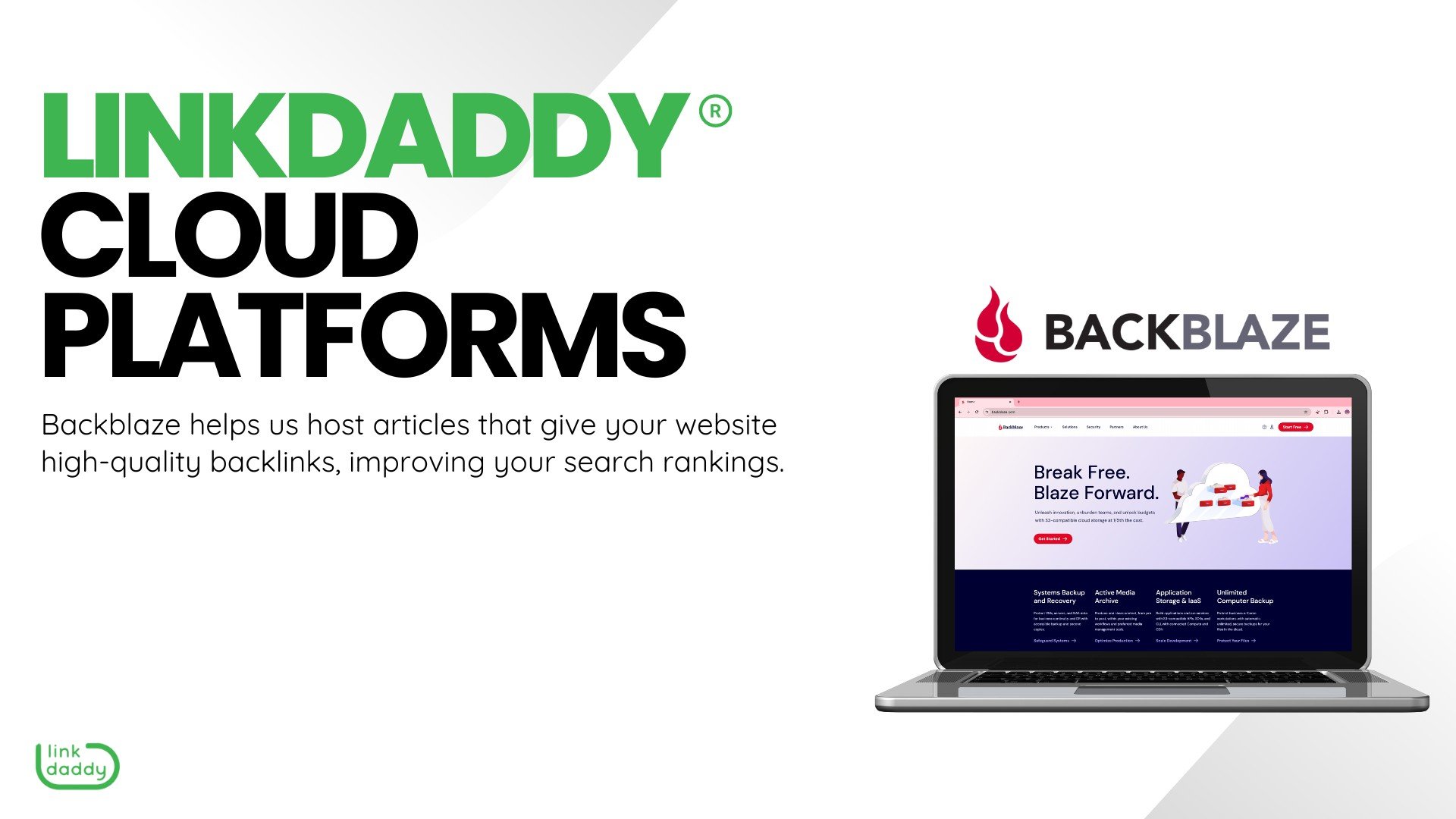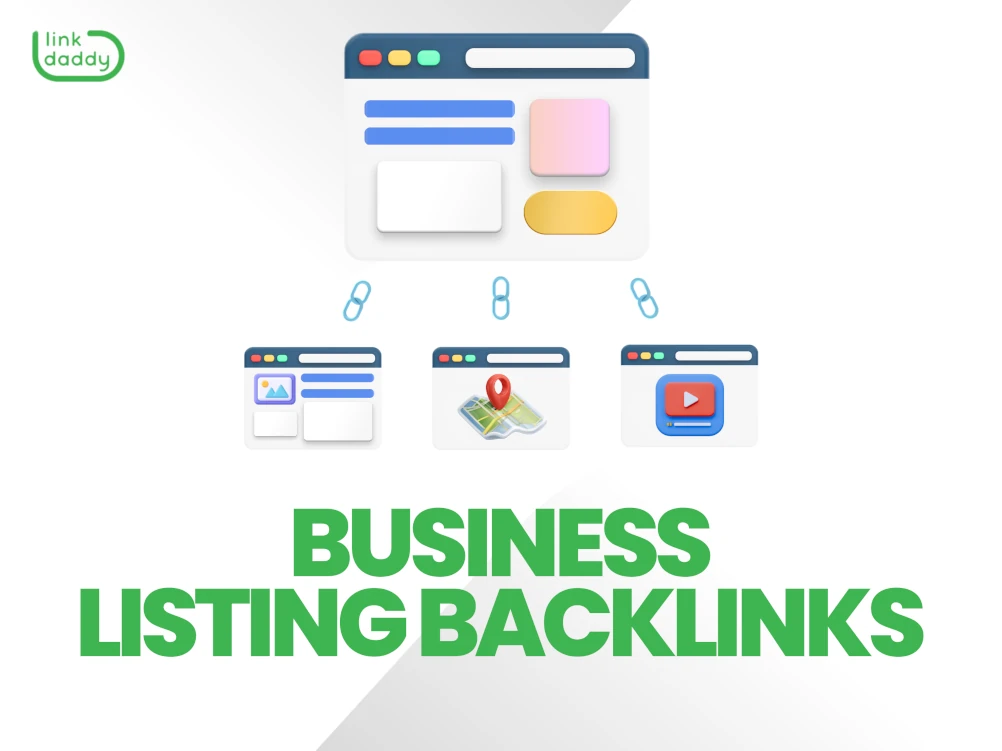Deciphering the Enigma Behind Cloud Providers: What You Required to Know
In today's rapidly evolving technical landscape, the principle of cloud solutions has become progressively pervasive, yet continues to be shrouded in a shroud of enigma for several. As companies and people remain to welcome the cloud for its versatility, cost-efficiency, and scalability, recognizing its intricacies becomes paramount. From the different types of cloud release models to the critical protection factors to consider that come into play, browsing the realm of cloud solutions can be a daunting job. This exploration intends to drop light on vital facets that are crucial for any individual wanting to harness the power of the cloud effectively.
Comprehending Cloud Solutions
To understand the idea of cloud solutions, one need to understand the essential concepts of virtualized computer and remote information storage. Cloud services, likewise referred to as cloud computing, include the distribution of computing solutions-- including servers, storage, databases, networking, software program, and analytics-- over the net to offer faster innovation, adaptable resources, and economies of scale. This design permits companies to gain access to innovation resources without the requirement for straight administration of the underlying infrastructure.

Understanding these fundamental components of virtualized computing and remote data storage space is important for understanding the benefits and functionalities of cloud services in today's digital landscape. - linkdaddy cloud services
Kinds Of Cloud Release Models
Cloud deployment versions incorporate various techniques for taking care of and releasing cloud computing solutions to fulfill particular service requires successfully. There are mainly 3 kinds of cloud deployment versions: public cloud, personal cloud, and hybrid cloud.
Public Cloud: Public cloud solutions are supplied by third-party suppliers over the internet, making them affordable and quickly available. These services are suitable for companies aiming to unload IT procedures and maintenance to outside carriers.

Hybrid Cloud: Crossbreed cloud integrates elements of both personal and public clouds, allowing companies to take advantage of the scalability of the public cloud while keeping control over essential applications and information in a personal cloud environment. This version supplies adaptability and personalization alternatives, making it a prominent selection for services with dynamic work and varying IT needs.
Advantages of Cloud Services
Enhancing functional effectiveness and fostering technology, cloud services supply a plethora of benefits for modern-day services looking for to enhance their IT facilities. One of the primary advantages of cloud solutions is cost-effectiveness.
One more benefit is boosted versatility and scalability. Cloud solutions give organizations with the ability to quickly adjust to transforming market problems and scale their procedures up or down as called for. This dexterity allows organizations to respond immediately to brand-new possibilities and obstacles, providing a competitive side in today's busy company environment.
Moreover, cloud services use boosted data safety and security and disaster healing capacities. Cloud providers spend heavily in robust safety and security measures, guaranteeing that data is shielded from violations and unauthorized accessibility. Additionally, cloud-based back-up and recuperation solutions aid organizations secure their essential information and reduce downtime in case of a disaster. On the whole, leveraging cloud solutions can encourage businesses to simplify operations, drive advancement, and achieve long-lasting success in the digital age.
Safety And Security Considerations in the Cloud
In the world of cloud services, focusing on robust protection procedures is essential for protecting delicate data and ensuring operational durability. When thinking about security in the cloud, it is important to resolve variables such as data security, identity and access management, network security, and conformity with market guidelines. File encryption plays a critical duty in shielding information both at rest and en route, guaranteeing that details stays safe and secure and private from unauthorized accessibility. Identity and accessibility management tools assist control that can accessibility information and resources within the cloud setting, minimizing the danger of information violations.
Moreover, applying rigid network security measures, such as firewall programs and intrusion discovery systems, can assist stop cyber dangers and unauthorized accessibility to shadow facilities. Conformity with market guidelines, such as GDPR or HIPAA, is important for organizations handling delicate information to prevent lawful ramifications and maintain count on with customers. By dealing with these protection factors to consider proactively, companies can alleviate dangers and view it confidently utilize the benefits of cloud solutions while securing their digital possessions.
Picking the Right Cloud Provider
As organizations navigate the detailed landscape of security factors to consider in the cloud, the procedure of selecting the right cloud company ends up being paramount for ensuring extensive information protection and operational performance. When choosing a cloud company, companies have to think about a number of crucial variables. To start with, evaluating the provider's safety protocols, compliance accreditations, and information security techniques is vital to safeguard sensitive details. Furthermore, examining the copyright's service degree arrangements (SLAs) for uptime guarantees, assistance responsiveness, and disaster recuperation strategies is essential to preserve operational connection (linkdaddy cloud services press release).
Furthermore, companies ought to take a look at the scalability official source and flexibility of the cloud solutions supplied to ensure they line up with present and future organization needs. Understanding the copyright's prices framework, including any type of covert prices or charges, is likewise vital for spending plan administration. Furthermore, assessing the provider's track document, online reputation, and consumer testimonials can supply important understandings right into their reliability and service high quality. By conducting detailed study and due diligence, organizations can pick a cloud company that not just meets their technological requirements yet additionally promotes high criteria of security and efficiency.
Verdict
Finally, cloud services use numerous advantages such as scalability, price efficiency, and versatility. Recognizing the various sorts of cloud release designs and taking into consideration security measures are important when choosing a cloud service supplier. It is essential to evaluate the particular requirements of an organization and carefully evaluate the choices offered to make sure an effective transition to the cloud.
From the different types dig this of cloud deployment versions to the crucial security factors to consider that come right into play, browsing the world of cloud services can be a difficult task. Cloud solutions, additionally known as cloud computing, include the shipment of computing services-- consisting of web servers, storage space, data sources, networking, software, and analytics-- over the internet to supply faster technology, versatile sources, and economic climates of range. Hybrid Cloud: Hybrid cloud combines aspects of both public and private clouds, permitting companies to leverage the scalability of the public cloud while keeping control over important applications and data in a private cloud setting.As organizations browse the elaborate landscape of protection considerations in the cloud, the process of selecting the appropriate cloud service copyright becomes extremely important for guaranteeing thorough information security and functional effectiveness. Recognizing the various kinds of cloud implementation versions and considering protection measures are vital when choosing a cloud solution copyright.